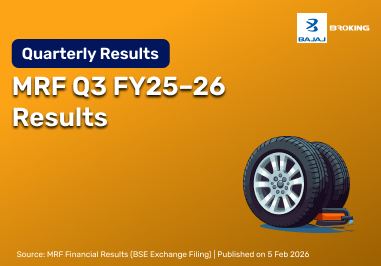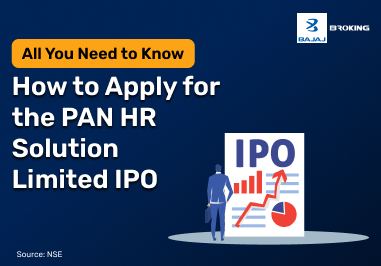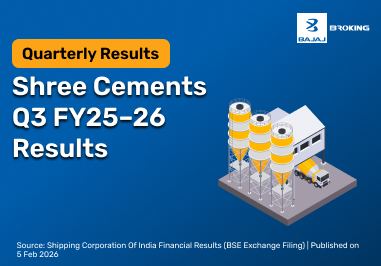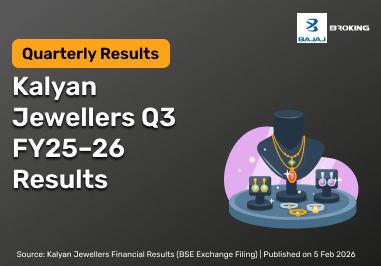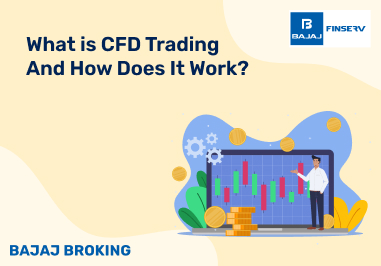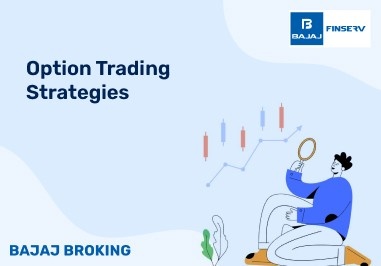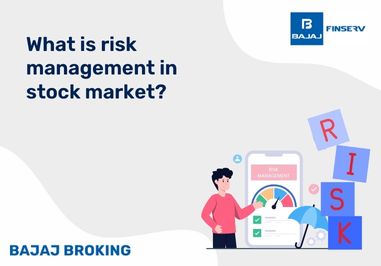When a private company finally goes public, regular people can start investing in IPO. For the company, it's about getting more money and being open, since companies that are on the stock market are always being watched by the market.
The first step is to send SEBI a Draft Red Herring Prospectus (DRHP). This paper goes over the company's finances, its business model, its plans for the future, and the specifics of the share sale. If you are an investor, reading a DRHP can be like reading through a company's journal before you decide to join its trip.
The subscription period starts as soon as SEBI accepts the DRHP. Bids are made by investors within a set price limit. In this case, the allotment and final price are based on desire.
Putting it on the exchange is the last step. Now, shares of the company can be bought and sold without any problems. For the company, this means that it will no longer be privately owned and will be constantly watched by the market.
What is FPO (Follow-On Public Offering)?
After the company has already been mentioned, there is an FPO. It's not about entering the market for the first time; it's about generating more revenue by selling more shares.
FPO also helps to repay loans, fund growth, or cover purchases. Investors already know how the company has done in the past, which makes it easy to judge. This is different from an IPO.
A lot of the steps are the same as those in an IPO. The business sends SEBI a Draft Red Herring Prospectus (DRHP) that explains why it needs to raise money, what the risks are, and how much the shares will cost.
After being accepted, the window for subscribing opens. The final share price is set after investors bid and demand is watched. Investors in an IPO are taking a chance on a new company. An FPO, on the other hand, feels more like helping a well-known company take the next step.
What is (Offer for Sale)?
An OFS is not the same as an IPO or an FPO. This is not a deal to raise money. People who already own shares in a company—usually promoters or big investors—sell some of their shares to the public through the stock exchange.
It's less about getting new money and more about changing who owns what.The company's funds stay the same, but more shares are bought by the public.This gives owners a way to slowly lower their stake.
This method works better and faster.Most OFSs happen in just one business day. Investors put in bids after the sellers say how many shares they want to sell.
OFS can be an opportunity for buyers to invest in established companies. Shares are sometimes sold at a slight discount, but the main draw is the opportunity to invest in businesses that are already listed on the market and have a proven track record of success.
Additional Read: IPO Allotment Status
Key Differences Between IPO, FPO, and OFS
When I first tried to compare IPOs, FPOs, and OFS, I thought they were all the same thing with different names. But what makes them different is whether the money goes to the company or to owners who already own shares.
Feature
| IPO
| FPO
| OFS
|
Purpose
| Raise new funds for growth, debt repayment, or expansion
| Raise additional funds after IPO
| Existing shareholders sell shares; company does not raise funds
|
Timing
| First time a company enters the market
| After IPO, when the company already has a market history
| Any time existing shareholders want to sell
|
Money Raised
| New capital goes to the company
| New capital goes to the company
| Proceeds go to existing shareholders
|
Investors
| Evaluate the company for the first time
| Evaluate the company based on performance history
| Buy shares from existing owners, not the company
|
Risk
| Higher, as there is no prior market performance
| Medium, company has performance track record
| Lower for company, but market risk exists for buyers
|
Regulatory Requirement
| Must comply with SEBI and listing regulations
| Must comply with SEBI regulations for listed companies
| Must follow SEBI guidelines for share sale
|
Pricing
| Determined via book-building or fixed price
| Determined based on market performance and demand
| Determined by market price, often via bidding
|
Share Allotment
| New shares allotted to investors
| New shares allotted to investors
| Shares transferred from existing owners to buyers
|
Impact on Company
| Raises capital for operations or expansion
| Raises additional capital for funding needs
| No impact on company’s capital
|
So, an IPO brings in new money, an FPO adds to it, and an OFS just changes who owns the company. This information helps you choose whether to fund the growth of the company or just buy shares from people who are leaving.
Comparing IPO, FPO, and OFS for Companies
Comparing IPO vs OFS and OFS vs FPO is essential for companies to decide on the most prudent and investor-friendly way to raise funds in the stock market:
IPO: Suitable for companies seeking to raise significant capital for initial growth and expansion.
FPO: Ideal for companies already listed on the exchange that require additional capital for specific purposes.
OFS: Useful for existing shareholders looking to offload a portion of their holdings or promoters looking for a partial exit.
How to Invest in IPO, FPO, and OFS?
Research the Company
Regardless of the method (IPO vs FPO vs OFS), you must thoroughly research the company's financials, future plans, and management.
Understand the Offering Details
You should carefully analyze the prospectus or offer document to understand the number of shares offered, price range, and purpose of the offering.
Choose a Broker
You should select a reputable broker who provides access to the specific IPO investment, FPO, or OFS you're interested in.
Submit Your Bid
During the subscription period, you should submit your bid for the desired number of shares according to the process outlined by your broker.
Conclusion
IPO, FPO, and OFS are more than just words for buyers. They show how clients and businesses use the market in different ways.
An IPO is the first big step forward for a company, an FPO helps it make even more progress, and an OFS changes ownership without changing the cash of the company.
As an investment, consider whether you are putting your money into new growth, supporting ongoing expansion, or purchasing from someone who is selling.

